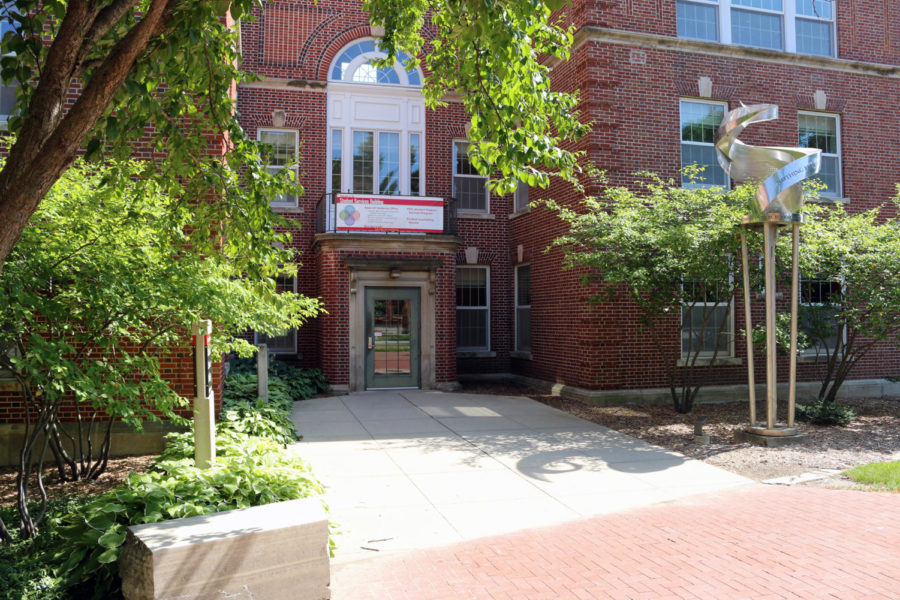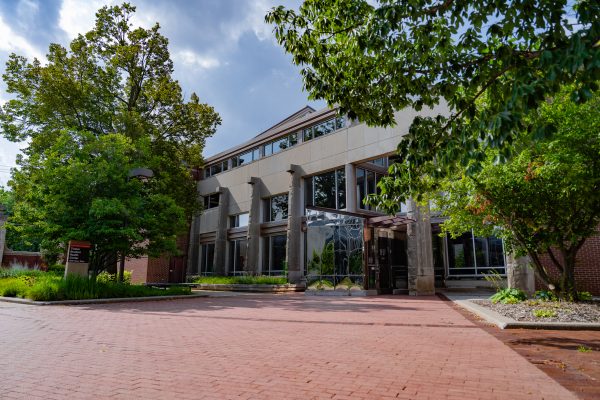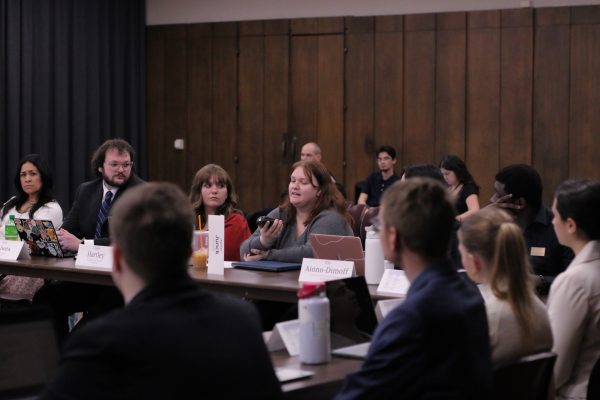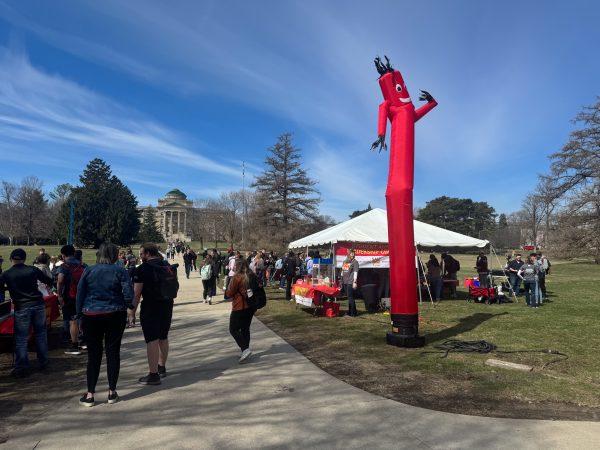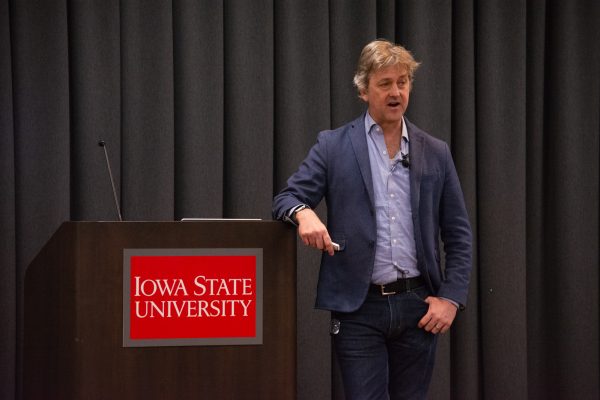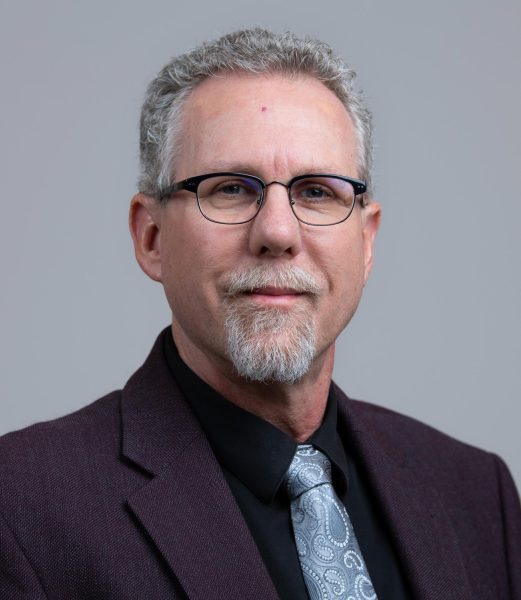Over 700 students sign up for free virtual counseling
Student Counseling Services is located on the third floor of the Student Services building. Counseling services are offered to Iowa State students to help enhance their academic and personal well-being.
When faced with a mental health crisis, students at Iowa State can now call 855-522-1226 to access a counselor at any time of the day, any day of the week, at no cost. Since the program began in mid-October through December, 726 individuals have activated accounts with the Virtual Care Group.
Iowa State University began offering free telecounseling services through the Virtual Care Group. The crisis services can be used by students studying abroad and are available to students anywhere in the U.S. during breaks, according to the website.
Since the start of the spring semester, Vice President of Student Affairs Toyia Younger said there have been a host of violent and tragic incidents around the country and world that impacted students’ wellbeing. Some include the murder of Tyre Nichols, the earthquake in Turkey, the Lunar New Year shooting and the Michigan State University shooting.
“You’re eager to start the semester and then it just seemed like particularly in the month of January was one thing after another,” Younger said. “So people are just a little overwhelmed by it: emotionally, mentally, physically exhausted from things like that.”
The counseling is completely free to undergraduate, graduate and professional students, and can be accessed over academic breaks. Erin Baldwin is the associate vice president for Student Health and Wellness and the director of the Thielen Health and Wellness Center. She said Virtual Care Group has a broad range of services for students including on-demand crisis counseling.
Charlotte Everist is a senior majoring in animal science and the director of health and wellness for Student Government. The Health and Wellness Committee includes students’ mental and physical well-being as well as academics, Everist said.
“If we’re struggling mentally or physically, you know, we’re not going to be able to reach our true potential and our success in the classroom and outside of the classroom,” Everist said. “It is building a strong foundation for students, so then they can succeed beyond what they need just as a human being.”
Everist said there is a demand for accessible counseling at all hours of the day for more than 30,000 students. Iowa State’s Student Counseling Services currently has 10 clinical staff members ranging from clinical therapists to licensed psychologists.
“Coming out of COVID on mental health has kind of stopped being a dirty word,” Everist said. “People are willing to talk about it. People are willing to accept if they need support and are willing to seek out those resources, which is great.”
Baldwin said Student Health and Wellness knew they needed to increase the capacity for mental health support. So in the summer of 2022, the university put out a request for a proposal to bring telecounseling services to campus. Implementing a telecounseling program was an initiative taken up by Iowa State, but Baldwin said other universities across the country are also creating similar programs.
Baldwin said the contract prevents the university from sharing the total cost of the program, but the university is centrally funding the initial two-year contract.
“It is amazing how our students have really advocated for mental health support, and I think that was a big driver to expanding to telecounseling too and trying to have a broad toolkit of resources for students,” Baldwin said. “You [students] all are so busy, and so we want to make sure things are accessible and convenient.”
Telehealth counseling meets students halfway and takes away some pressure for students who do not feel comfortable going into a counseling session, Everist said.
“If a student needs to talk to someone outside of that nine-to-five or on a weekend, they can log on and do the telecounseling at any point,” Everist said.
From October to December, there were 159 clinical cases with Virtual Care Group which includes consultations, telecounseling and video counseling sessions. Professionals with Virtual Care Group are licensed clinicians with varying degrees including psychologists, licensed independent social workers or licensed mental health counselors.
“That’s one of the things that is important for our students as well, is having that circle and that community of care around you,” Younger said. “I know on a campus this large sometimes it is hard to find that, so that’s another reason we really promote a lot of resources all across campus. So students who may not have a circle of friends or a circle of people they can talk to can still find connections and resources across the campus.”
The Virtual Care Group also offers identity-based services. Everist advises all students to make an account no matter what, so it is available for when they do need it in case of a crisis.
“Wellbeing and mental health support just looks different for each person; each of us individually have different needs, so we are always trying to work on building out comprehensive resources for our students, which is exactly what led us to the free telecounseling for students,” Baldwin said.
Depending on the individual, Everist said some identities may need to be more so acknowledged in certain situations.
“The experience for students of color can be very different than for white students,” Everist said. “Having a counselor who shares some of those ethnicity identities as them can help kind of bridge that gap and also make it feel like you’re truly talking to someone who understands.”
Your donation will support the student journalists of the Iowa State Daily. Your contribution will allow us to purchase equipment, send our student journalists to conferences and off-set their cost of living so they can continue to do best-in-the-nation work at the Iowa State Daily.


